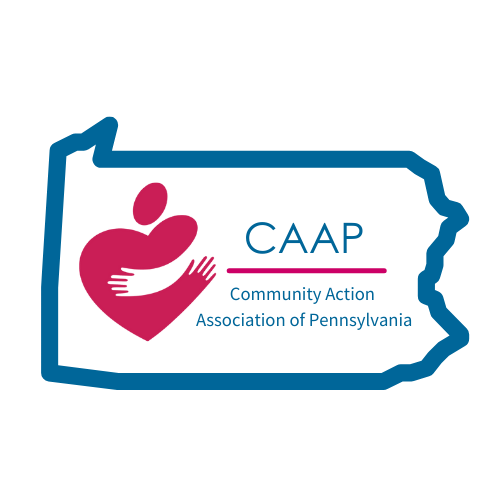BEAD Program Announces Broadband Availability Challenge Process
The Broadband Equity, Access, and Deployment (BEAD) program is a federal program to deploy broadband access across Pennsylvania through the PA Broadband Authority and the PA Department of Community and Economic Development (DCED). PA is expected to receive more than $1.16 billion to expand access to high-speed broadband in unserved and underserved areas. These funds have been allocated through the BEAD Program, implemented by the National Telecommunications and Information Administration (NTIA).
The FCC maintains a National Broadband Map displaying where internet services are and are not available across the US. You can view the map at https://broadbandmap.fcc.gov/. If you believe a part of the map is incorrect, you can submit an availability challenge. To learn more about this process, please visit the FCC website for challenges.
The BEAD Program is required to have their own broadband services map. It will initially be based on the FCC map, but there will be a separate challenge process for the BEAD Program map. The challenge will be a ninety-day process: 30 days for challenges to be submitted, followed by 30 days for responses to challenges, and finishing with 30 days for the Broadband Authority to make rulings.
Only governments, non-profit organizations, and industry organizations will be able to make challenges to the BEAD Program map through a portal provided by the Broadband Authority Office. The office is anticipating the process to begin on April 1, 2024. They will be conducting webinars on how to use the portal once it is live.
In order to participate in the BEAD Challenge, an agency will have to have an FCC Registration Login, an NTIA Tier E License, and identify one staff member to serve as administrator of the challenge process.
If you live in a community that is often mis-represented in broadband accessibility, please consider using the links in the previous paragraph to obtain the necessary login and license prior to April 1, 2024 so your agency may fully participate in the challenge process as a voice for your constituents. If your agency chooses not to register, challenges will need to be submitted through your local government.

